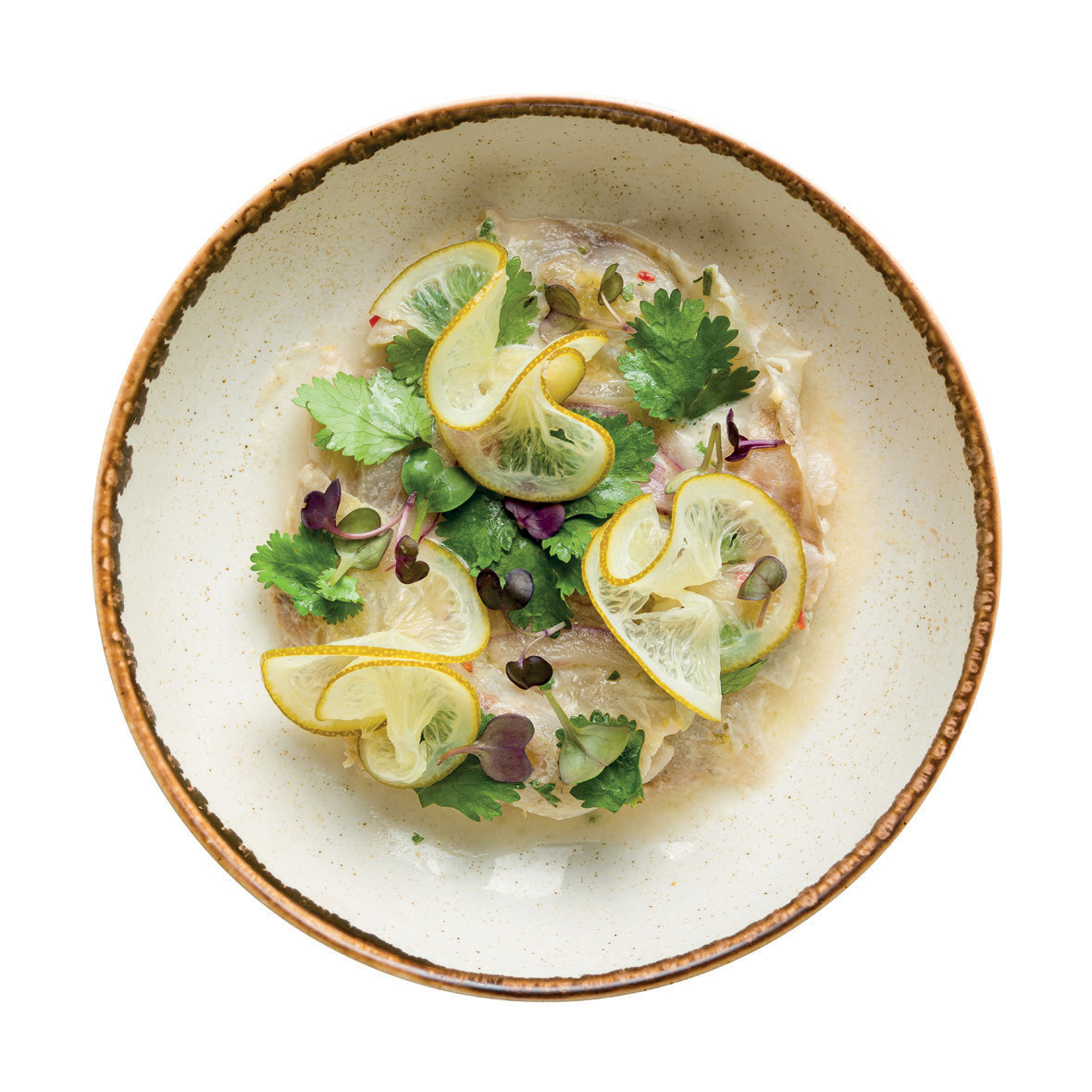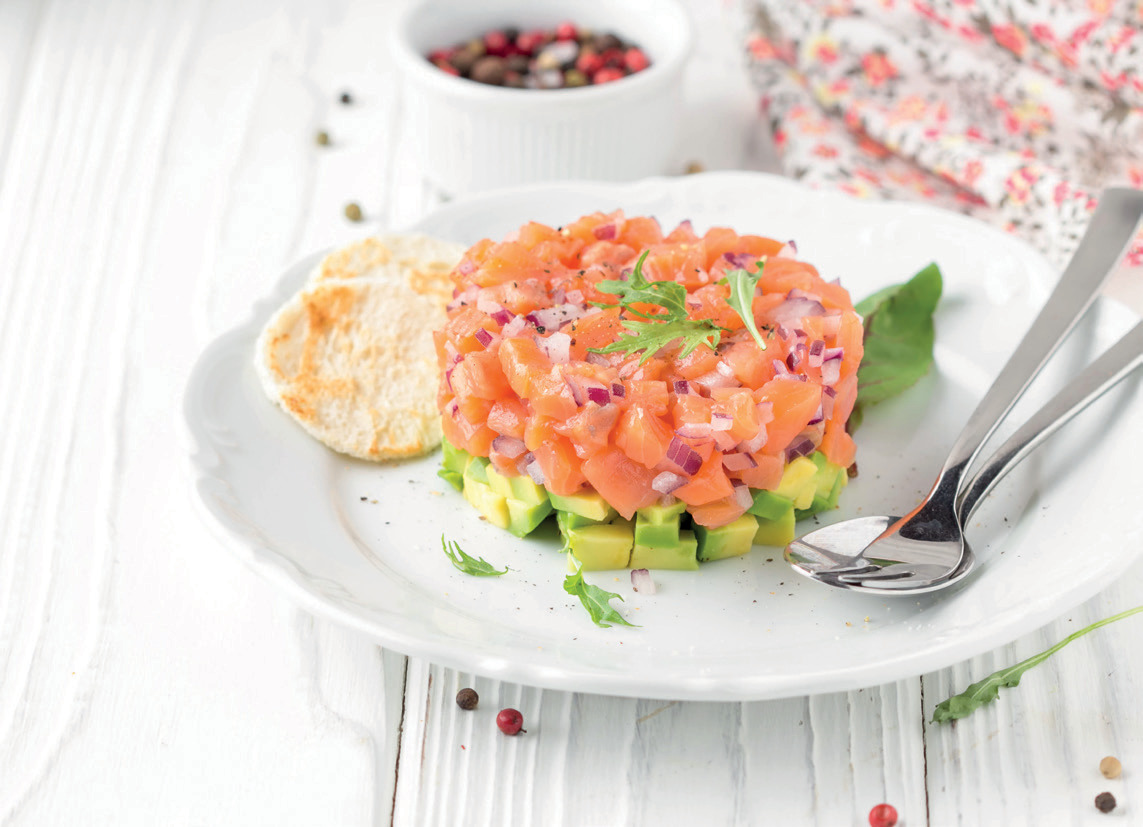EATING RAW MEAT AND FISH IS A CULINARY PRACTICE THAT IS WIDESPREAD THROUGHOUT THE WORLD. IT PRESERVES ALL THE TEXTURES, FLAVOURS AND NUTRITIONAL VALUES OF THE FOOD.
MEAT AND RAW FISH around the world
Around the world, different cultures have adopted the consumption of raw meat and fish as part of their culinary traditions. In Japan, sushi and sashimi are emblematic dishes that showcase raw fish.
The Japanese attach great importance to the freshness and quality of the fish used in these preparations, which contributes to their international renown.
In South Korea, yukhoe is a popular dish based on raw beef finely seasoned with sesame oil, soy sauce and other ingredients.
In Ethiopia, kitfo is a traditional dish made from finely chopped raw beef mixed with spices and clarified butter. It is often accompanied by injera, a local pancake.
In Peru, ceviche is a culinary icon. It consists of raw fish marinated in lemon or lime juice. The fish is usually marinated for several hours, allowing the acidity of the juice to “cook” the flesh and make it deliciously tender. Not far away, in certain regions of Brazil, pirarucu, a freshwater fish, is eaten raw in the form of carpaccio and also marinated in lime juice.

between land and sea
Some meats are safe to eat raw, as long as they are fresh and of good quality from reliable sources. High-quality cuts of beef, such as filet mignon, ribeye or fresh ground steak, can be used to prepare dishes such as beef tartare or beef carpaccio. Some fish are particularly suitable for raw consumption, such as salmon, tuna, mackerel, sea bream and scallops. They are frequently used in sashimi, fish carpaccio and ceviche.

HEALTH BENEFITS?
Eating raw meat has a number of advantages. This preserves more essential nutrients such as vitamins, minerals and enzymes, which can be lost during cooking. This tasting method allows you to savour the natural flavour and tender texture of the meat.

WARNINGS
It is essential to take precautions when handling and preparing raw meats to avoid bacterial contamination. We recommend sourcing fresh meats from reputable sources, storing them at appropriate temperatures and handling them with clean utensils to reduce the risk of foodborne illness.
Consumption of raw meat and fish is not recommended for pregnant women, young children or frail people, due to the health risks involved.


